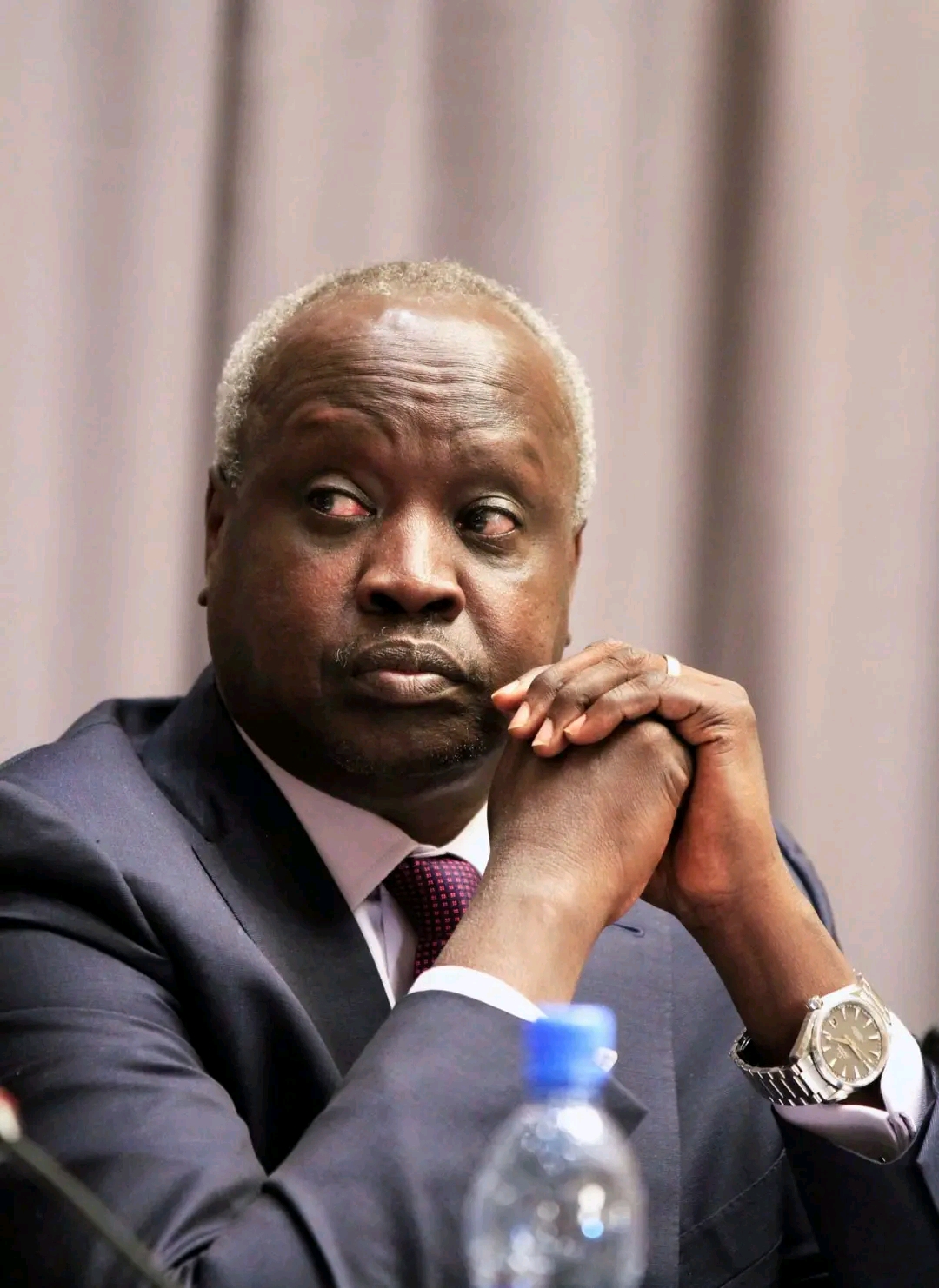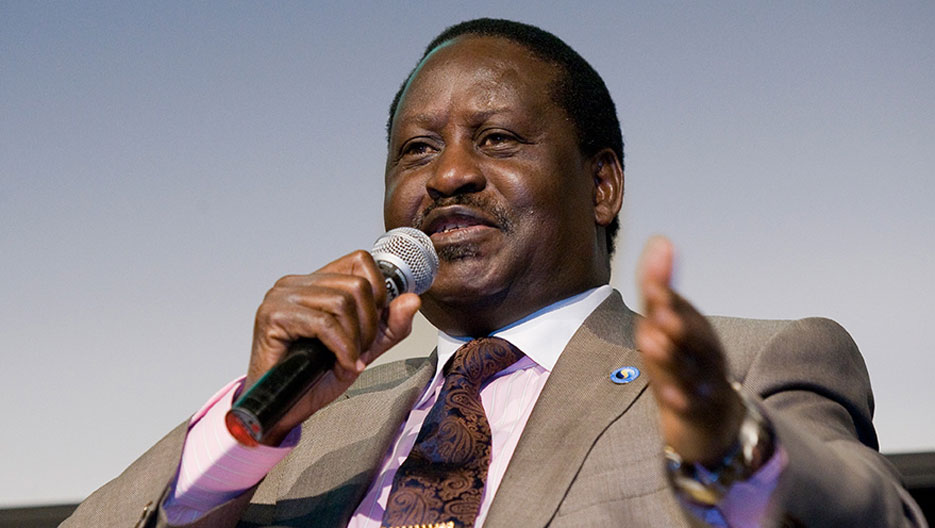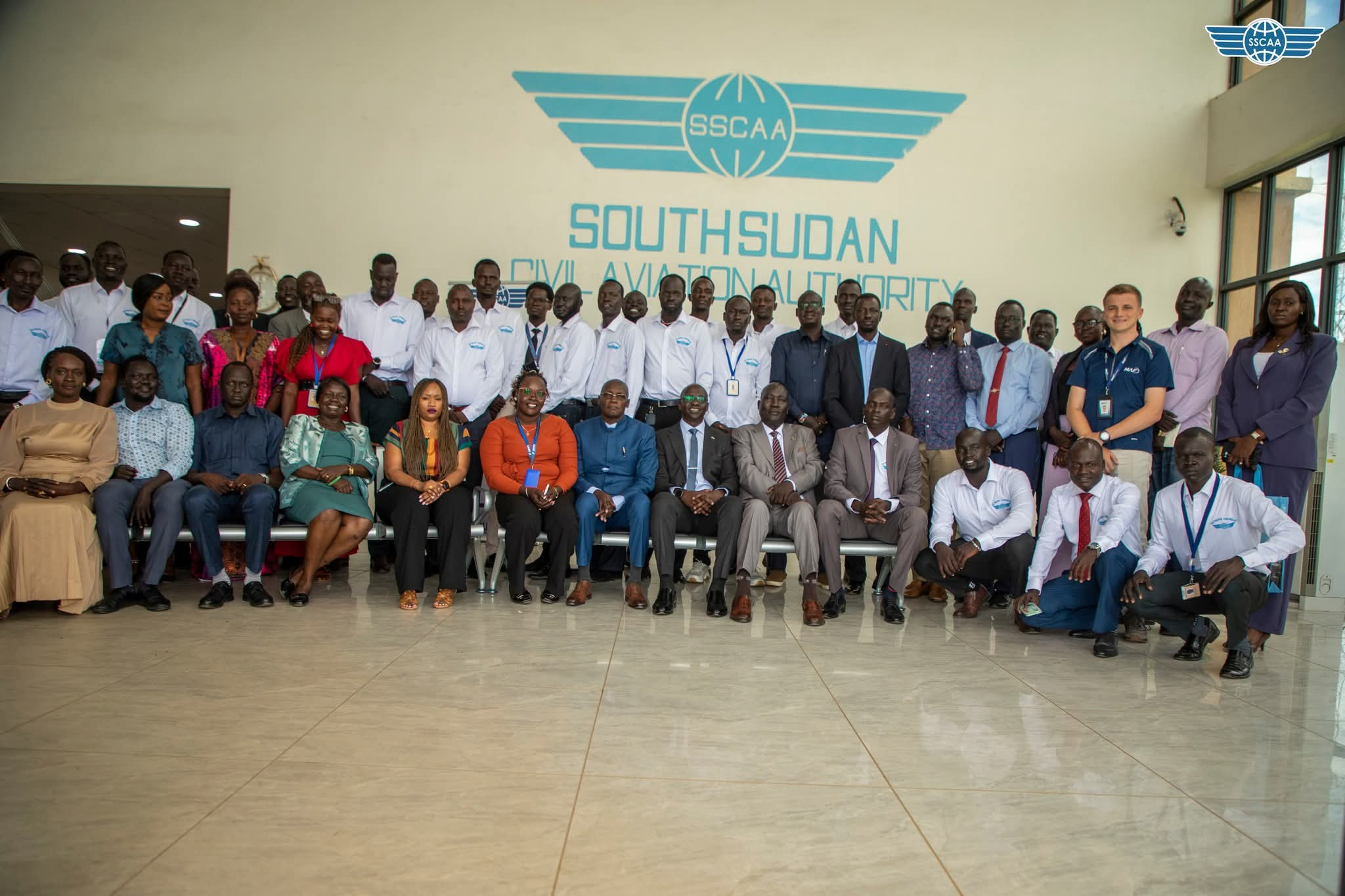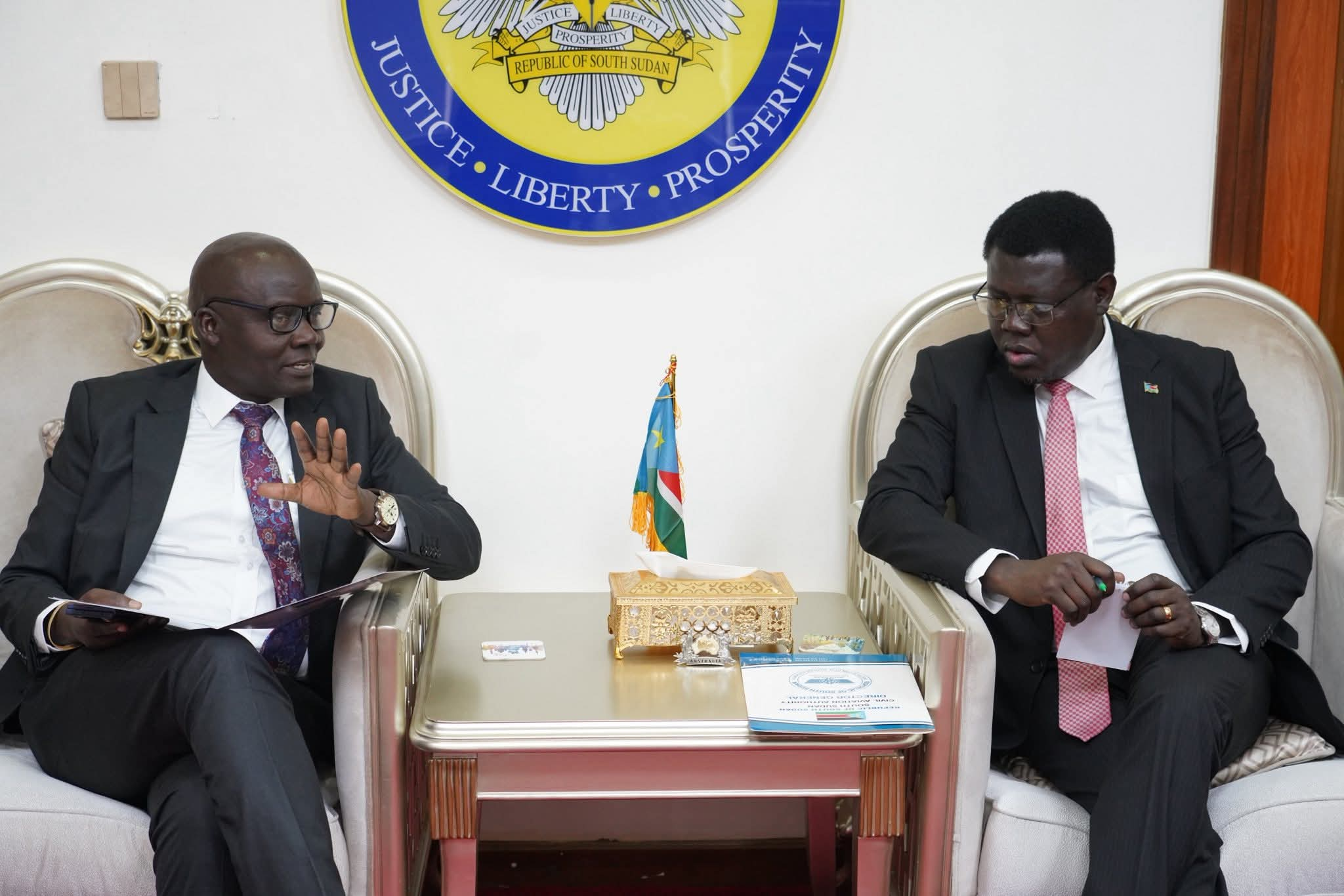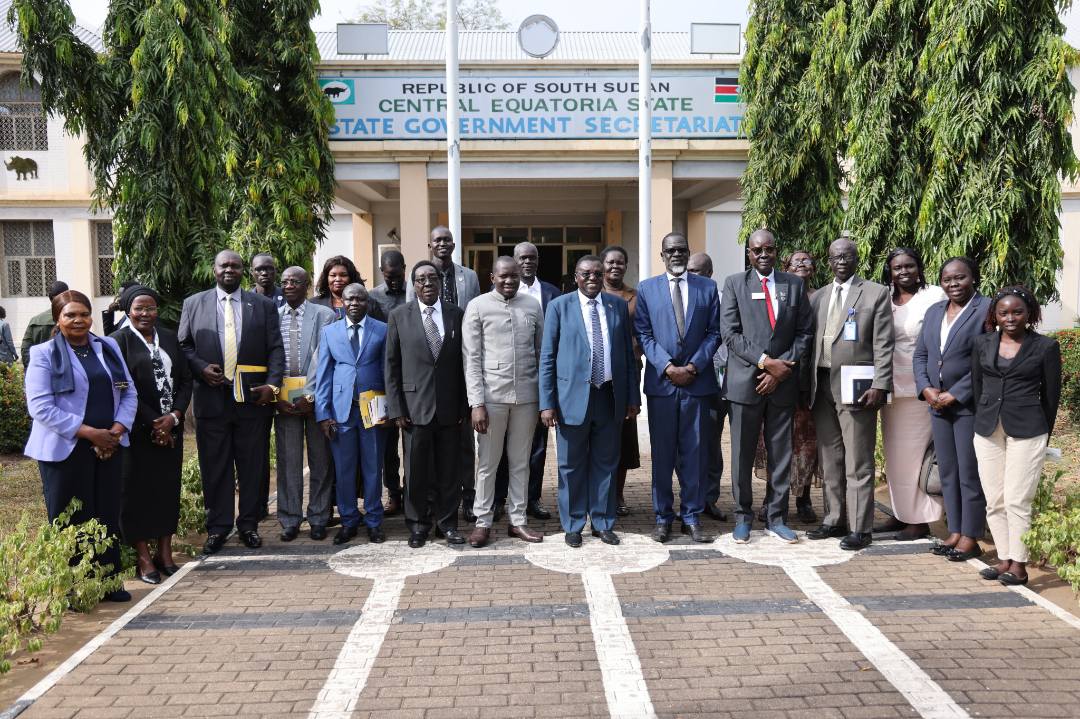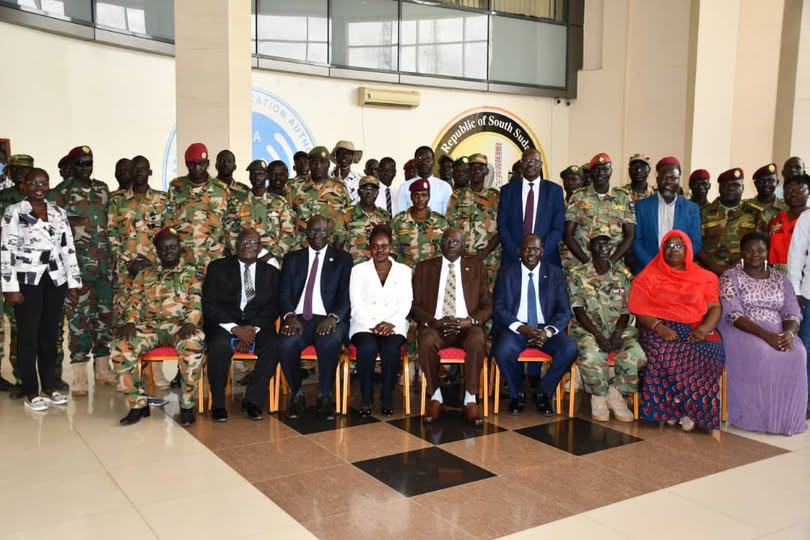
Written By: Emmanuel M. Garjiek
With the nation’s debt accounting for 81% of its GDP, the challenge is difficult for a country plagued by financial catastrophes such as hyperinflation and failed currency changes.
Mnangagwa said that Zimbabwe is discussing a Staff Monitored Program (SMP) with the International Monetary Fund (IMF), which would pave the way for important policy reforms. Akinwumi Adesina, President of the African Development Bank (AfDB), stated that the bank is willing to provide financial support for these changes and assist in clearing arrears.

According to Finance Minister Mthuli Ncube, after Zimbabwe obtains bridge financing from lenders, timetables for debt restructuring will become more apparent by the middle of 2025. Since Zimbabwe’s financial issue prevents it from currently receiving funds from the IMF, analysts caution that resolving arrears is essential to the nation’s economic recovery.
Future funding can only be obtained by paying off arrears with significant creditors, such as the World Bank, European Investment Bank, and AfDB. Zimbabwe’s unmanageable debt has prevented the IMF from offering financial assistance.
Unlocking future funds requires paying off arrears with important creditors, such as the European Investment Bank, World Bank, and AfDB. Because of Zimbabwe’s unmanageable debt, the IMF has been unable to offer financial assistance.
The SMP would represent a return to sensible economic principles, even though it would not include IMF financial assistance. With a sizable amount of the debt in arrears and penalties, Zimbabwe’s debt situation is still complicated and restricts its ability to receive international financial aid.

